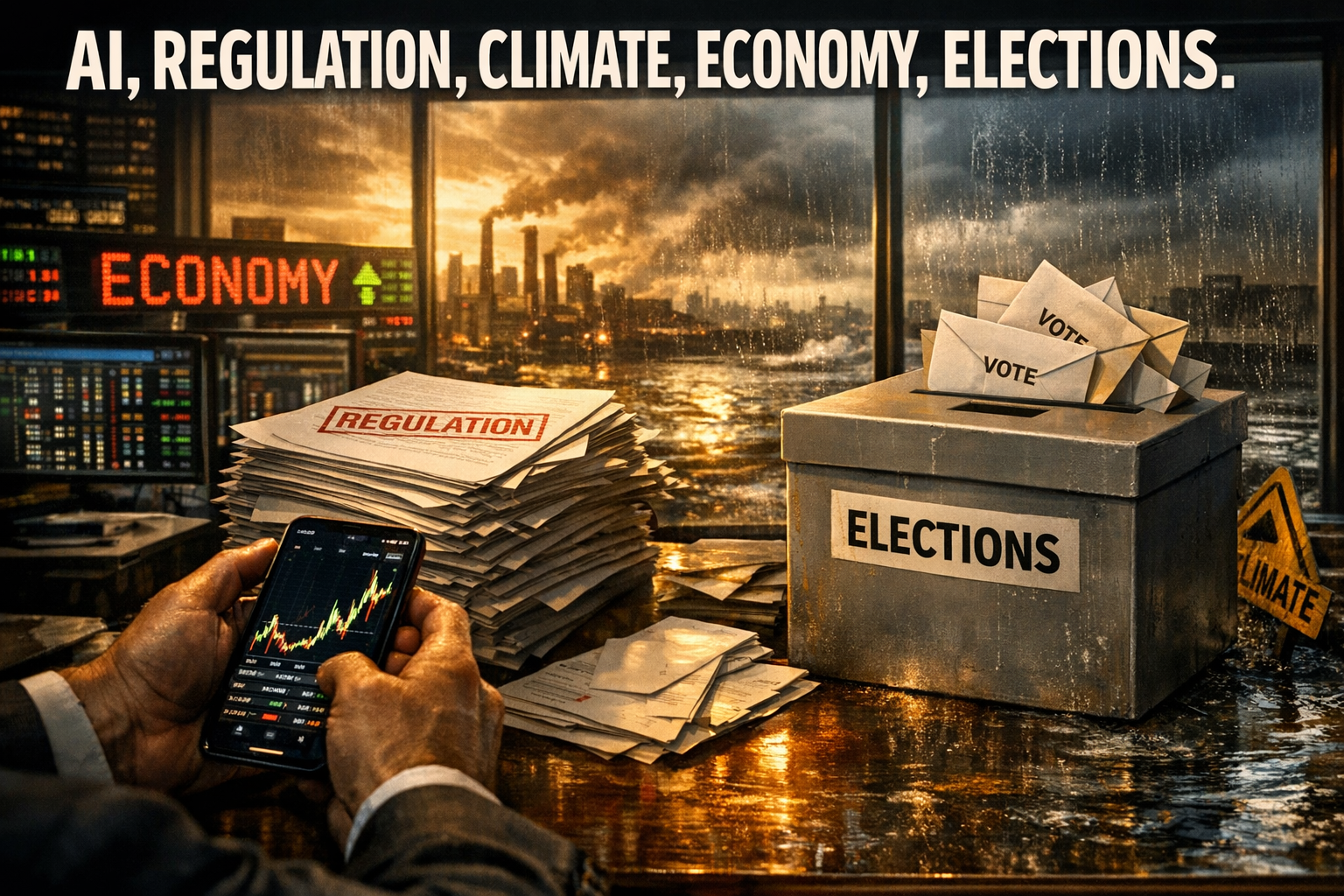● China, US auto plants, drones-next Tesla
Trump and Xi Jinping, and the Shocking Changes Affecting the Global Economy
1. Progress of Trump-Xi Jinping Trade Negotiations
President Trump strongly assessed that a ‘deal with President Xi Jinping is extremely difficult to achieve.’
Previously, he held the position that “China is the only one who is eager,” but recently, while acknowledging President Xi Jinping’s capabilities, he has expressed difficulties in the negotiations.
The bilateral talks scheduled for the 2nd of this week are seen as a significant meeting to finalize the agreement reached in Geneva.
The trade negotiations and economic strategy changes between the two sides are predicted to have a significant impact on the global economy as a whole.
2. U.S. Tariff Increases and International Repercussions
The U.S. signed an executive order to increase tariffs on steel and aluminum from 25% to 50%.
While the U.K. secured an exemption through separate negotiations, Mexico expressed strong opposition due to concerns that it could affect its own products.
Mexico anticipates that the aluminum and steel needed for automobile production will be significantly impacted in its supply chain due to the tariff increases.
This measure is likely to deepen global supply chain instability in line with the progress of trade negotiations.
3. Automotive Industry and Rare Earth Supply Crisis
U.S. auto manufacturers are facing production suspension crises due to China’s rare earth export controls.
Major automakers like Ford are considering establishing Chinese factories and reorganizing supply chains, but there are concerns about additional tariff burdens and time delays.
The fact that China holds 90% of the world’s rare earth supply poses a serious risk to the global automotive and electric vehicle industries.
Parts price increases and weakened competitiveness of finished vehicles due to production disruptions are expected to affect the industry as a whole in the long term.
4. Airbus Order Expansion and Changes in the Aviation Industry
China is exploring the possibility of expanding Airbus orders to a maximum of 500 aircraft in negotiations with European aircraft manufacturers.
This large-scale order will serve as an important opportunity to reshape the competition with U.S. Boeing products in the Chinese aviation market.
Airbus’s order expansion could change the landscape of the global aviation industry, along with strengthening Europe-centered aviation strategies.
The unprecedented order size could act as a positive signal for the economy as a whole, but variables such as U.S.-China trade conflicts should also be considered.
5. U.S. ADP Employment Report and Changes in Economic Momentum
The recently released ADP non-farm employment report recorded the lowest level since March, showing a sharp slowdown in employment momentum.
While employment increased in some industry groups, imbalances are feared due to reduced staff in manufacturing and mining.
Along with this, President Trump raised interest in economic stimulus issues by making statements urging Chairman Powell to cut interest rates.
Employment instability and wage growth rates in the U.S. are expected to act as important variables in future economic policies along with inflationary pressures.
6. Individual Company Trends and Investment Strategies
Tesla is receiving positive evaluations from Morgan Stanley, etc., regarding the possibility of entering the drone market, and is drawing attention as a future growth engine.
Wes Fargo is raising expectations for growth due to regulatory relief after past scandals and is raising its target stock price.
HP-related companies recorded positive results due to the surge in AI and server infrastructure sales, highlighting the attractiveness of tech stock investments in the future.
For each company, the impact of global trade, tariff policies, and supply chain changes on performance and stock prices must be carefully analyzed.
7. Future Prospects and the Importance of Modern Strategy
The global economy faces complex variables, including U.S.-China trade negotiations, tariff increases, rare earth supply crises, and aircraft order expansions.
Based on this, governments and companies in each country need to reorganize their modern strategies and respond to the new economic order.
Economics, trade negotiations, China, Trump, and modern strategies act as core SEO keywords, and are issues of attention for investors around the world.
The future economic development is expected to be a process of preparing a stable growth base in the long term after passing through a short-term adjustment phase.
< Summary >
This article deals with the progress of trade negotiations between Trump and Xi Jinping, the U.S.’s increase in steel and aluminum tariffs and Mexico’s backlash, the automotive industry’s rare earth supply crisis, the reorganization of the aviation industry through the expansion of Airbus orders, and the U.S. employment instability due to the ADP employment report.
In addition, the possibility of Tesla’s drone investment and changes in the performance of individual companies such as Wes Fargo and HP are also analyzed.
All of these issues are important variables that will affect the global economy as a whole, focusing on core keywords such as economics, trade negotiations, China, Trump, and modern strategies.
[Related Articles…]
Trump and Xi Jinping: The Evolution of Trade Negotiations |
Airbus Orders Surge, Changing the Landscape of the Aviation Industry
*YouTube Source: [Maeil Business Newspaper]
– [美개장포인트] 중국이 미국 자동차 공장 세웠다ㅣ테슬라 다음 테마’드론’ㅣ오찬종의 매일뉴욕



